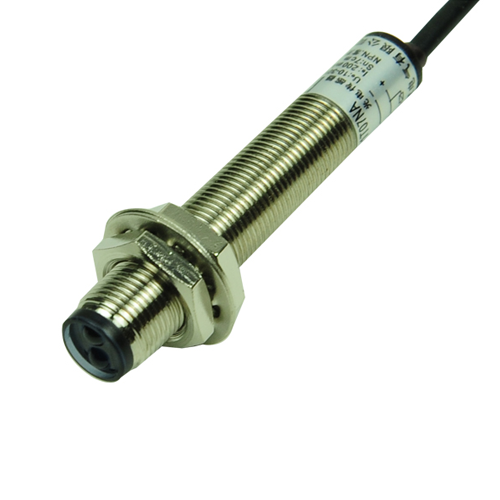AC magnetic contactors play a
pivotal role in electrical systems, serving as reliable switches that control
the flow of electricity to various devices and equipment. These devices are
essential in industrial, commercial, and residential applications where the
switching of electrical loads is required.
What is an AC Magnetic Contactor?
An AC magnetic contactor is
an electromechanical device designed to establish or interrupt an electric
circuit by physically separating the contacts within the device. Unlike manual
switches, contactors are typically controlled remotely through a control
circuit, often using a lower voltage than the main power circuit they control.
This feature allows them to handle much higher currents and voltages than a
simple switch.
Structure and Functionality
- Coil: The core component of an AC magnetic
contactor is its coil, which, when energized, generates a magnetic
field that pulls the contacts together, closing the circuit. This
mechanism allows for the controlled activation or deactivation of
electrical loads.
- Contacts: AC contactors feature multiple sets of
contacts, typically made of durable materials such as silver alloy. These
contacts are designed to handle significant electrical currents without
welding or sticking, ensuring reliable operation over extended periods.
- Auxiliary Contacts: Many contactors also include
auxiliary contacts that are mechanically linked to the main contacts.
These auxiliary contacts provide additional control functions, such as
signaling the status of the main contacts or facilitating interlocking
between multiple contactors.
Applications
AC magnetic contactors find
application in a wide range of scenarios:
- Industrial Machinery: Used to control motors,
pumps, compressors, and other heavy-duty equipment.
- HVAC Systems: Essential for switching heating elements, fans,
and other HVAC components.
- Elevators and Escalators: Control systems that manage
the operation of motors and safety features.
- Lighting Control: Often used in large-scale
lighting systems to manage circuits efficiently.
Advantages
- Reliability: Contactors are designed for frequent operation
and can withstand high electrical loads.
- Remote Operation: This can be controlled from a
distance via control circuits, enhancing safety and convenience.
- Longevity: Built with durable materials to ensure a long
operational life span in demanding environments.
Considerations
When selecting an AC magnetic
contactor, factors such as current rating, voltage rating, and
environmental conditions should be carefully evaluated to ensure compatibility
and optimal performance. Additionally, proper maintenance and periodic
inspection are crucial to prevent issues like contact wear or coil degradation.
In conclusion, AC magnetic
contactors are indispensable components in electrical systems, providing
efficient and reliable control over electrical loads across various industries.
Their robust construction, remote operability, and versatility make them
essential for ensuring the safe and effective operation of electrical equipment
and machinery. Understanding their role and functionality is key to leveraging
their benefits effectively in any electrical application.







